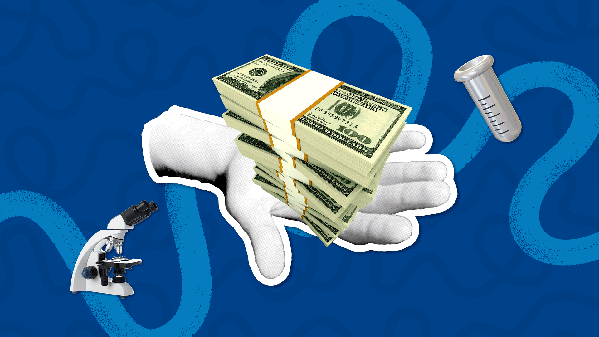The U.S. Patent and Trademark Office is looking at upgrading IT tools and tapping into big data as part of a plan to improve patent quality, the newly nominated agency head said Thursday.
During the American Intellectual Property Law Association’s annual meeting, patent office Deputy Director Michelle Lee said she has convened employees from across the agency to discuss ways to improve patent quality. Among the possibilities, she said, is enhancing examiners’ IT tools, particularly by fully deploying its automated Patents End-to-End processing system and expanding international work-sharing IT capabilities.
“We’re considering all options — big and small — before examination, during examination, and after examination,” Lee said, according to her prepared remarks.
Lee also said in the past, the patent office hasn’t had the resources to take advantage of big data’s potential. “Now we do,” she said. She added that drawing on this resource could help the agency measure and improve every stage of the application evaluation process.
Tech companies in recent years have complained about so-called patent trolls, or firms whose primary purpose is to use patent portfolios to sue other companies for infringement. They blame the prevalence of low-quality patents — that is, patents that have unclear property rights or overly broad claims. Congress has shelved recent legislation to stymie trolls’ efforts.
At the same time, improving efficiency is a major issue for the patent office, which is shouldering a backlog of more than 600,000 patent applications. The agency has been reaching out to patent agencies abroad to coordinate efforts for approving applications filed in several countries. Indeed, earlier this month, the patent office announced it had established a new service to electronically exchange certain patent application documents with China. It already has similar programs with Japan and Europe.
During her speech, she called on conference attendees — and members of Congress — to act as stewards of the intellectual property system.
“We hope to see patent reform move forward on the congressional agenda next year,” Lee said.






